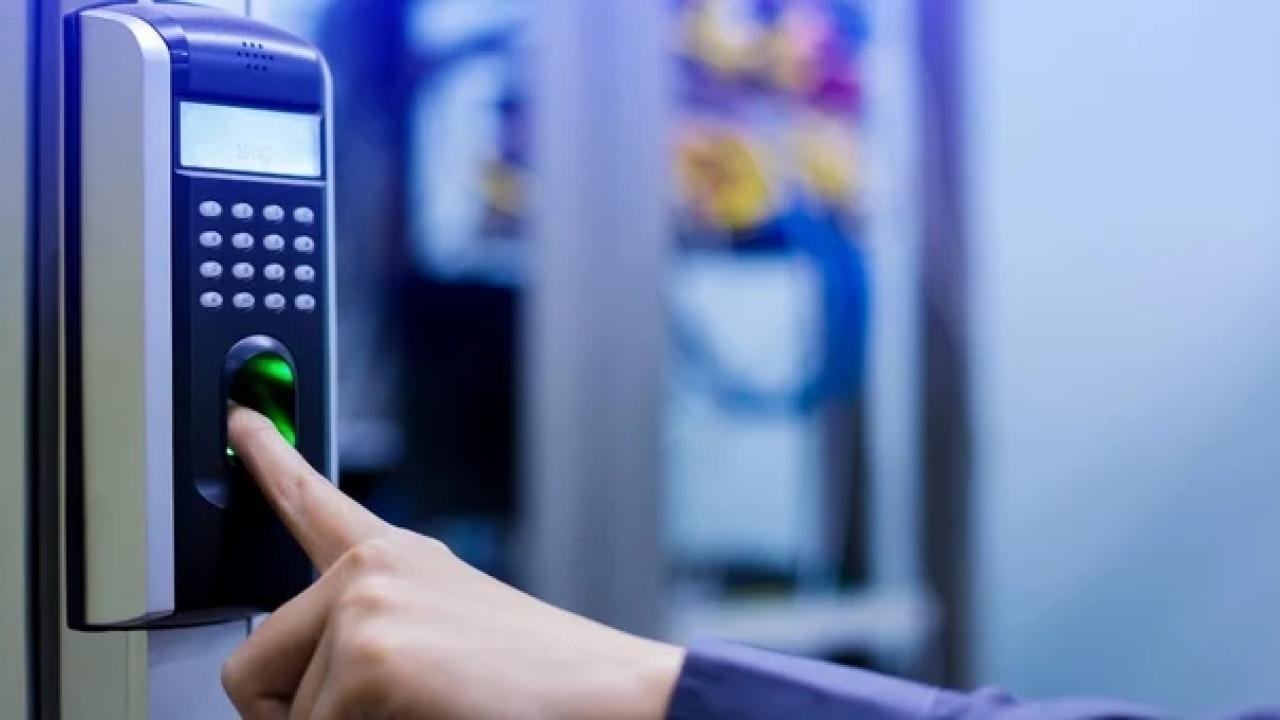
In April, the Labour Department will introduce a series of measures to prevent non-compliance with working hours, overtime payments and identity fraud in the workplace.
The 40-hour law in Chile will be in force for the first time in April and is already producing some results. For example, while the reduction from 45 to 40 hours of work per week must be carried out in stages spread over five years, there are actors who have taken a bigger step. In fact, during 2024, 31,000 companies declared to the Internal Revenue Service (SII) that they reduced their workweek to 40 hours, without going through the gradual process.
However, violations of the new law appear constantly, highlighting the failure to keep attendance records among them. Fortunately, the 40-hour Law includes Resolution 38 Exempt from the Directorate of Labor (DT).
Published on May 9, 2024, this provision seeks to ensure that the information recorded in digital employee timekeeping systems is accurate and cannot be manipulated. This is a new regulation that will be in force from April 2025.
Through its application, the veracity of attendance data and sensitive information of workers is protected against unauthorized access, ensuring that only relevant people can access the data through confidentiality.
Finally, the system must ensure that attendance data is available to both employers and employees in a timely manner, facilitating access to information at all times.
“The 40-hour law is useless if people do not mark attendance or if they are not forced to do so, as was the case in the old article 22. But today, the Labor Directorate (DT) maintains all the processes with the attendance management providers to carry out remote monitoring. It is not necessary to go to the company offices to find out whether the law is being complied with or not,” explained Kerim Rumie, Country Manager of GeoVictoria, a multinational company specializing in attendance controls, to AméricaEconomía .
HOW DO ATTENDANCE CONTROLS OPERATE?
However, to reach this point, providers like GeoVictoria must obtain authorization from the DT and certification from an independent entity to provide services and comply 100% with the requirements of the aforementioned changes to Resolution 38.
“Basically, I give access to a third party to verify whether my platform is secure, whether the data I handle is trustworthy for the employee and the employer,” Rumie adds.
On the other hand, remote monitoring of the DT is just as thorough. First, GeoVictoria and other companies in the sector must enable an exclusive way to access certain information about their clients.
Thus, the Directorate carries out proactive inspections: it can enter a company at a random time to review attendance controls or analyze the case of a worker who was not paid for overtime or whose attendance marks are incorrect.
“In these cases, the Labor Directorate goes and, without asking the end client for authorization, can access the GeoVictoria portal with a special password and process. Then, the client receives a notification, saying that the inspector has entered. This is how the inspection flow works,” says Rumie.
The Country Manager maintains that currently, all the information stored on their digital devices is associated in one way or another with biometric verification, which recognises the user by their appearance or behaviour. Time and attendance systems usually encrypt customer data for security reasons. This allows the information to be traced and confirms that the person who clocks in is the person in the system.
“If we compare it with the attendance book, which was a classic tool in Chile, we can say that paper can withstand any changes. Whereas in biometric verification, neither party can modify the time of a time stamp. Because the transparent judge is the computer,” he explains.
WHAT ABOUT CYBERSECURITY?
However, there are naturally people who are wary of the security of these technological methods. Rumie acknowledges that there are ways to circumvent a facial recognition system, although he assures that GeoVictoria has developed methods to prevent fraud.
“If the client checks in with facial recognition on their cell phone, we have a way to block the system so that the user can only check in from that device and not from their colleague’s cell phone. The second thing has to do with data: when you take a photo of someone with the GeoVictoria app, what we save is not the photo. Nor does the image travel to our platform. That image is codified, encrypted and basically becomes a code that provides information, with no possibility of returning to its original state,” explains Rumie.
It should be noted that if companies do not comply with Resolution 38 Exempt of the DT until April, they may receive fines of up to 60 Monthly Tax Units (UTM), which is equivalent to 4,045,740 Chilean pesos (US$ 4,004).
These sanctions are cumulative: if a business hires an unauthorized company to control attendance, the DT can impose a fine of 60 UTM. But if within three weeks, the offender is inspected again and continues working with the same unauthorized provider, a fine of the same amount is imposed.
“There is also another very important issue. If attendance is not properly controlled, companies are subject to hidden costs that people often overlook. For example, unidentified absences and lateness, and above all, underpayment of overtime for both sides,” warns the GeoVictoria spokesperson.
Rumie emphasizes this point, because although the DT grants a one-year deadline for companies to comply with the new regulations, these details are often hidden behind the most noticeable changes, such as the reduction in weekly hours.
READ ALSO: Zero hour: Chile begins gradual implementation of 40-hour workweek









